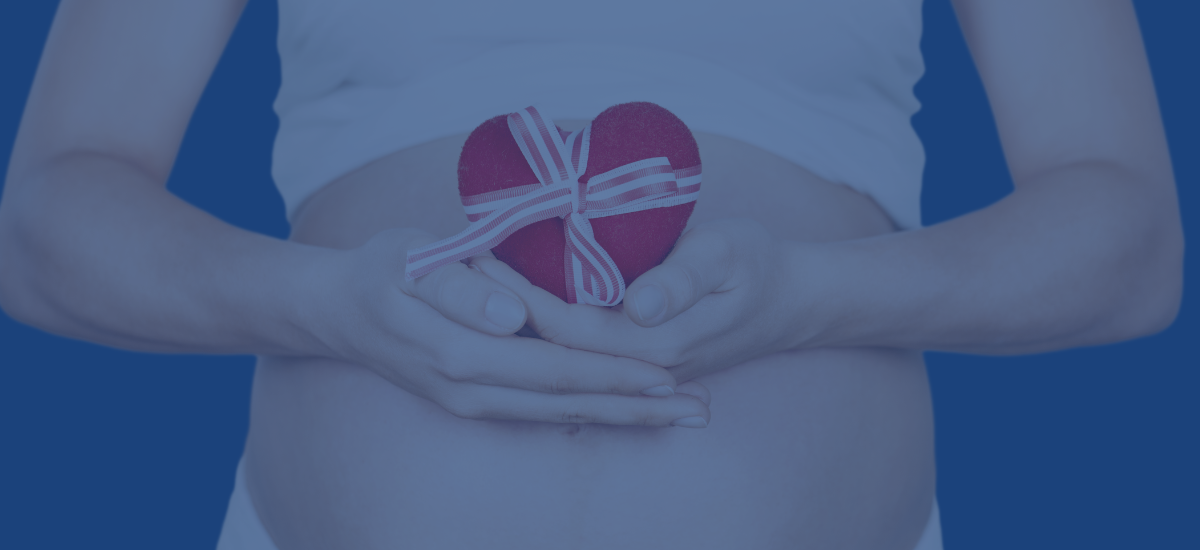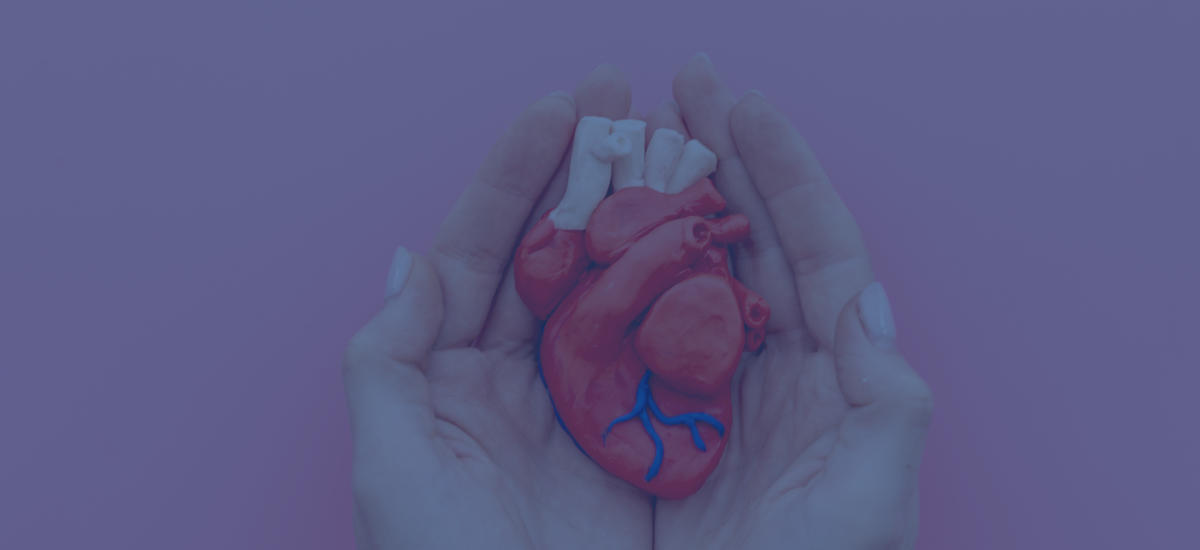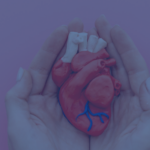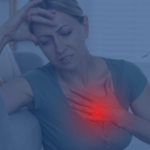
Heart disease is a major health concern worldwide, especially among men. In India, the prevalence of heart disease in men has seen a sharp rise, with over 30% of men aged 30-50 showing early symptoms. This highlights the importance of awareness regarding signs of heart disease in men.
Dr. Vishal Khullar, a globally recognized cardiac surgeon in Mumbai, India, states, “Knowing the early signs of heart disease is crucial for preventing serious health issues. Symptoms of heart problems in men can range from subtle to severe, and early detection can significantly improve treatment outcomes.”
With over 30 years of experience, Dr. Khullar specializes in diagnosing and treating cardiovascular conditions. His extensive expertise in advanced cardiac care has helped countless patients achieve better heart health through effective treatments and guidance.
Are you aware of the early signs of heart disease in men? Let’s look at the common symptoms.
Signs of Heart Problems in Males

Signs of heart issues in men can vary, and some may not seem directly linked to the heart. Here are common symptoms to watch for:
- Chest Pain: One of the most common heart disease symptoms in men, chest pain may occur suddenly and feel like pressure, squeezing, or fullness.
- Shortness of Breath: Difficulty breathing during physical activity or while resting can indicate heart issues. This is especially concerning when combined with other symptoms.
- Fatigue: Extreme tiredness or fatigue, even after minimal exertion, can signal heart disease. Men often attribute fatigue to stress or ageing, but it can be a sign of heart problems.
- Heart Palpitations: An irregular heartbeat or feeling like your heart is racing can point to underlying heart conditions.
- Pain in Other Areas: Pain that radiates to the arms, jaw, back, or stomach could also be linked to heart disease.
- Dizziness or Lightheadedness: Frequent dizziness or feeling faint can indicate that the heart is not pumping blood effectively.
Don’t ignore the warning signs. If you’re experiencing any symptoms, consult a heart specialist to assess your condition. Book an appointment now!
Do signs of heart problems in men differ from women? Let’s find out!
How Are Heart Problem Symptoms in Males and Females Different?

While men and women can have overlapping heart symptoms, there are key differences in how these issues present:
- Chest Pain: While chest pain is common in both men and women, men often describe it as a tight or heavy pressure in the chest, whereas women may experience more generalized discomfort.
- Fatigue: Fatigue tends to be more prominent in women than men, often occurring without any other symptoms.
- Shortness of Breath: Women are more likely to experience shortness of breath even without physical exertion, while men tend to have this symptom during physical activity.
- Emotional Indicators: Women may experience anxiety or stress symptoms, which men report less often.
- Non-Chest Symptoms: Women might feel nausea or flu-like symptoms, whereas men report these less frequently.
Recognizing these differences helps ensure timely diagnosis and treatment for both genders.
Don’t wait for symptoms to worsen. Take control of your heart health and consult an expert today to ensure a healthier future.
Are you seeking effective ways to manage heart disease symptoms? Here’s how to maintain your heart health.
How to Manage Symptoms of Heart Problems in Men?

Maintain a Balanced Diet:
Limit sodium, sugar, and trans fats to reduce cardiovascular strain.
Include fruits, vegetables, whole grains, and lean proteins.
Stay Physically Active:
Engage in 30 minutes of moderate exercise daily, such as walking, swimming, or cycling.
Consult a doctor before starting any fitness program, especially if you have existing symptoms.
Monitor Health Metrics:
Regularly check blood pressure, cholesterol, and blood sugar levels.
Use wearable devices or schedule routine health check-ups to track progress.
Quit Smoking:
Smoking damages blood vessels and increases heart disease risk.
Seek professional help, such as counselling or nicotine replacement therapy, if needed.
Limit Alcohol Consumption:
Stick to moderate drinking.
Avoid binge drinking, which can spike blood pressure.
Manage Stress:
Practice stress-reducing techniques like meditation, yoga, or deep breathing exercises.
Maintain a work-life balance and prioritize mental health.
Get Adequate Sleep:
Sleep 7-9 hours per night to allow the heart to recover and rejuvenate.
Address sleep disorders like sleep apnea that can strain the cardiovascular system.
Follow Medications and Treatments:
Adhere to prescribed medications for blood pressure, cholesterol, or other heart-related conditions.
Explore medical procedures or interventions, like angioplasty or bypass surgery, as advised.
Stay Informed:
Educate yourself about heart disease symptoms and risks.
Stay updated on advancements in cardiac care.
Seek Regular Medical Care:
Schedule routine check-ups with a cardiologist or healthcare provider.
Do not ignore warning signs, such as chest pain or dizziness; seek immediate help when symptoms worsen.
These steps can improve overall heart health and reduce the risk of severe complications.
Conclusion
Understanding the signs of heart disease in men is crucial for early detection and prevention. Symptoms like chest pain, shortness of breath, and fatigue should not be ignored. Managing these symptoms through lifestyle changes, regular checkups, and medical interventions can significantly improve heart health. If you notice any signs of heart problems, don’t hesitate to consult an expert like Dr. Vishal Khullar for an accurate diagnosis and treatment plan.
Your heart health is too important to ignore. Reach out to a specialist to discuss your symptoms and treatment options. Book an appointment today!
Frequently Asked Questions
- How can I tell if my chest pain is heart-related?
If your chest pain is accompanied by shortness of breath, nausea, or pain radiating to the arm, it could be related to heart disease.
- Can men experience heart disease without chest pain?
Men can experience heart disease symptoms such as fatigue, dizziness, and shortness of breath without chest pain.
- How often should men get heart check-ups?
Regular check-ups, at least once a year, are recommended to monitor heart health and catch any issues early.
- What are the most common symptoms of a heart attack in men?
Chest pain, shortness of breath, and pain radiating to the arm are common symptoms of a heart attack in men.
- When should I seek emergency care for heart disease symptoms?
If you experience severe chest pain, shortness of breath, or dizziness, seek emergency care immediately.
Reference links:
https://www.medicalnewstoday.com/articles/322237
https://www.healthline.com/health/heart-disease/signs-men
Disclaimer: This page is intended for informational purposes and not for promotional use.






